In March 2020, the world began responding to the threat of COVID-19, and churches and businesses temporarily shuttered their doors. Like many of his colleagues, the Rev. Chul-Ki Kim, pastor of Emmaus United Methodist Church in Richmond, Virginia, announced that in-person worship would be canceled starting March 15 and online services would begin.
The in-person service suspension, initially expected to last two weeks, stretched into four months. Bishop Sharma Lewis of the Virginia Conference encouraged her 1,100 congregations to organize Healthy Church Teams to coordinate pandemic-response efforts.
At Emmaus United Methodist Church, a Korean congregation, registered nurse Shin Hee Yu led an eight-member Healthy Church Team, which gradually expanded to 14 people.

Registered nurse Shin Hee Yu led the
effort to vaccinate 100% of the members of her congregation at Emmaus United Methodist Church. Photo, courtesy of Shin Hee Yu.
The team translated COVID-related information and educational materials into Korean. The resources, provided by the annual conference, the state of Virginia and medical institutions, were delivered to the congregation through apps such as KakaoTalk. The team translated a detailed explanation of the coronavirus by Dr. Irene Ken.
Finally, following a Sunday drive-in service on June 7, 2020, Emmaus United Methodist Church resumed in-person services on July 12. The Healthy Church Team distributed guidelines in Korean to help the congregation prepare.
Various measures were taken to prevent spread of the disease. Church members completed a personal health checklist in Korean before attending in person. Other requirements included temperature checking, face-mask wearing and social distancing. Those who were not feeling well were urged to attend online services.

A member of the Healthy Church Team at Emmaus United Methodist Church checks the temperature of a member arriving to attend in-person service. Photo by the Rev. Thomas Kim, UM News.
“Out of the 100 members of the church, there was no confirmed case of COVID-19,” Yu said.
However, in January, due to a spike in cases in the community, Emmaus made the decision to stop in-person services.
When vaccinations for the public became available earlier this year, the Emmaus team changed its focus from sanitizing to vaccinating.
The U.S. Centers for Disease Control and Prevention reports that more than 175 million people, or 52.7% of Americans, have received at least one vaccination, and that more than 146 million people, or 44.1%, are fully vaccinated.
“I contacted each of the elderly members of the church through the phone to encourage them to get vaccinated,” Yu said. “For those who were uncomfortable using computers or who did not feel comfortable to speak English, I let them know that I was able to help them to make their appointments for vaccinations through the internet.”
Prior to resuming in-person services on March 21, Yu informed the congregation that more than 70% of the prospective in-person worshippers were fully vaccinated.
“This is the level at which herd immunity is possible, suggesting that it is relatively safe,” she said. Although the CDC said vaccinated people do not need to wear masks, the church urges all worshippers to continue to do so and to practice social distancing in worship and group meetings.
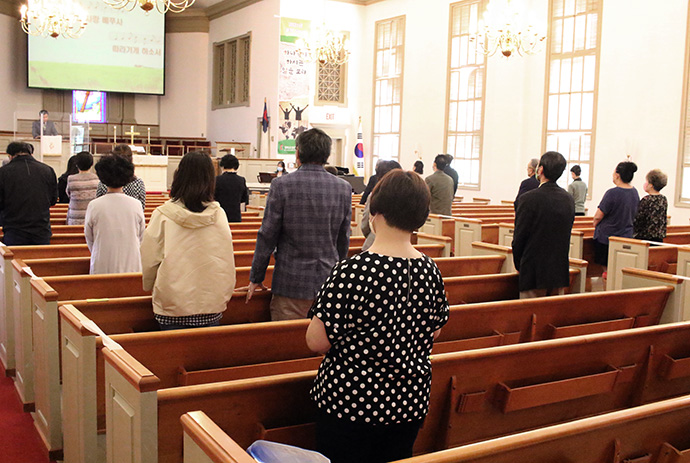
Members of Emmaus United Methodist Church worship together while following COVID-19 safety protocols in May. Members of the congregation wore face masks and practiced social distancing while a transparent screen stood in front of the altar. Photo by the Rev. Thomas Kim, UM News.
By March 31, 100% of members 65 years of age or older at Emmaus United Methodist Church were fully vaccinated. On April 1, all Sunday school teachers, Korean-language schoolteachers and church worship leaders completed their vaccinations.
When vaccinations for youth ages 12-16 became available, Yu and her team helped church young people to receive the vaccination. By April 30, every congregant age 12 and older was fully vaccinated. That’s more than 100 people.
“Having updated the vaccination status of the congregation,” Yu said, “I continued contacting local clinics and found any available vaccines because of a no-show or cancellation.”
Grace Bray, manager of The Little Clinic at Kroger, praised Yu’s vaccination ministry.
“She has been a champion to getting her church members vaccinated safely and timely,” Bray said. “Her ministry helped not only the members of Emmaus and their families, but also our clinic.”
This article originally appeared on UMNews.com. To read more United Methodist news, subscribe to the free Daily or Weekly Digests.





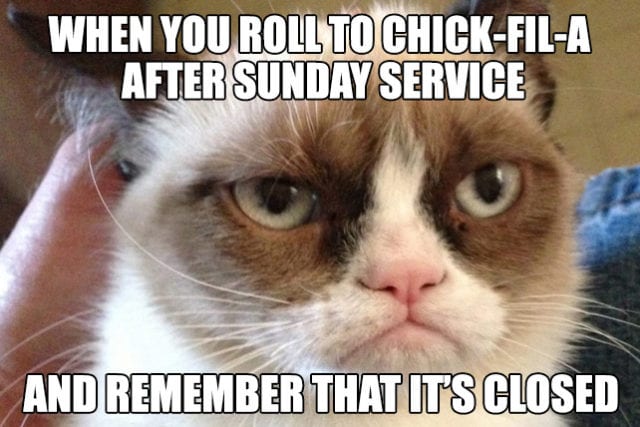
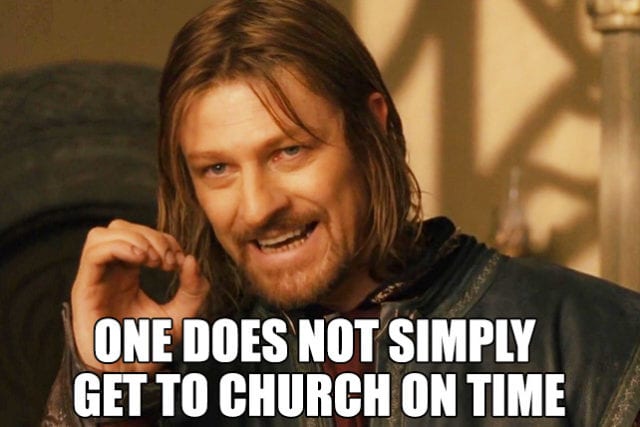
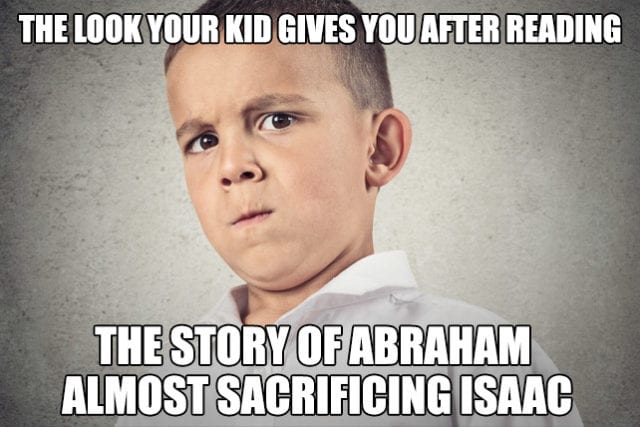
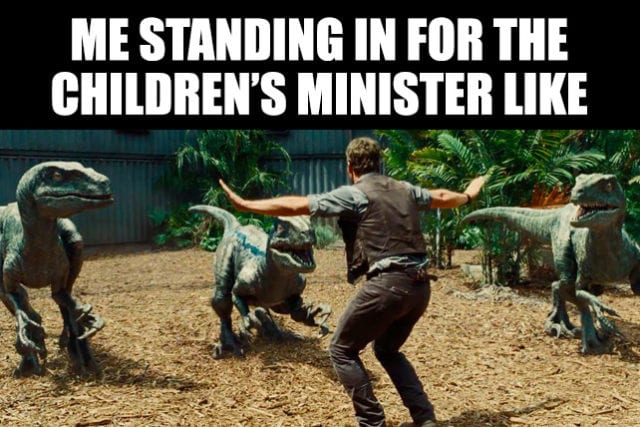
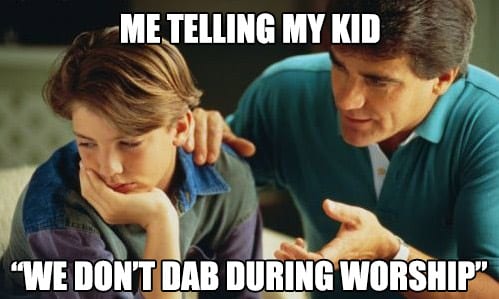




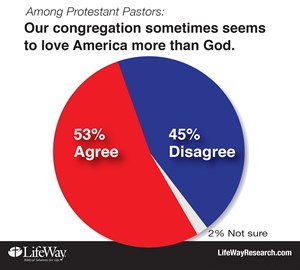
 John Onwuchekwa
John Onwuchekwa Raymond Chang is a pastor, a writer, and the president and co-founder of the
Raymond Chang is a pastor, a writer, and the president and co-founder of the  Dennae Pierre
Dennae Pierre






